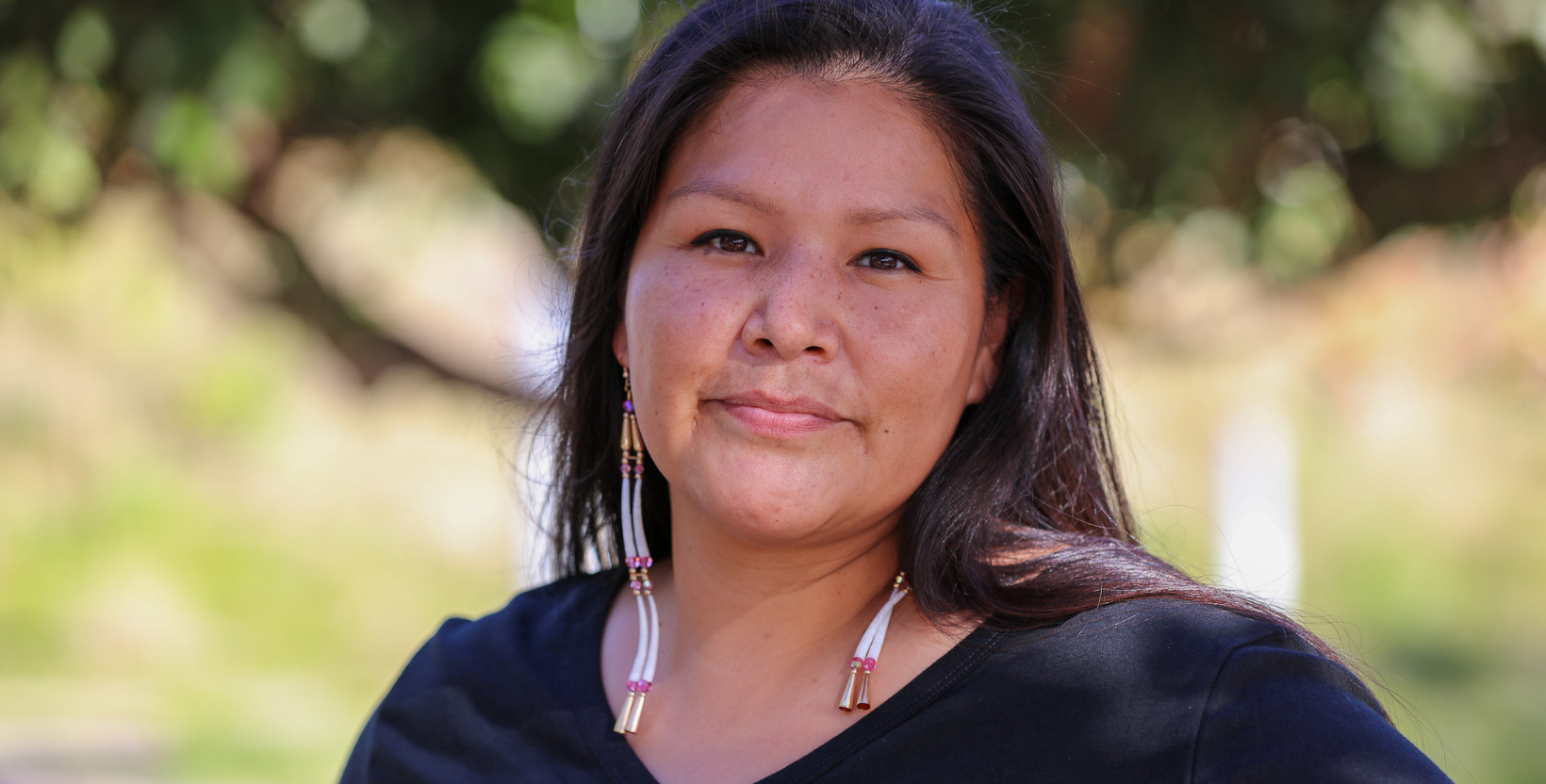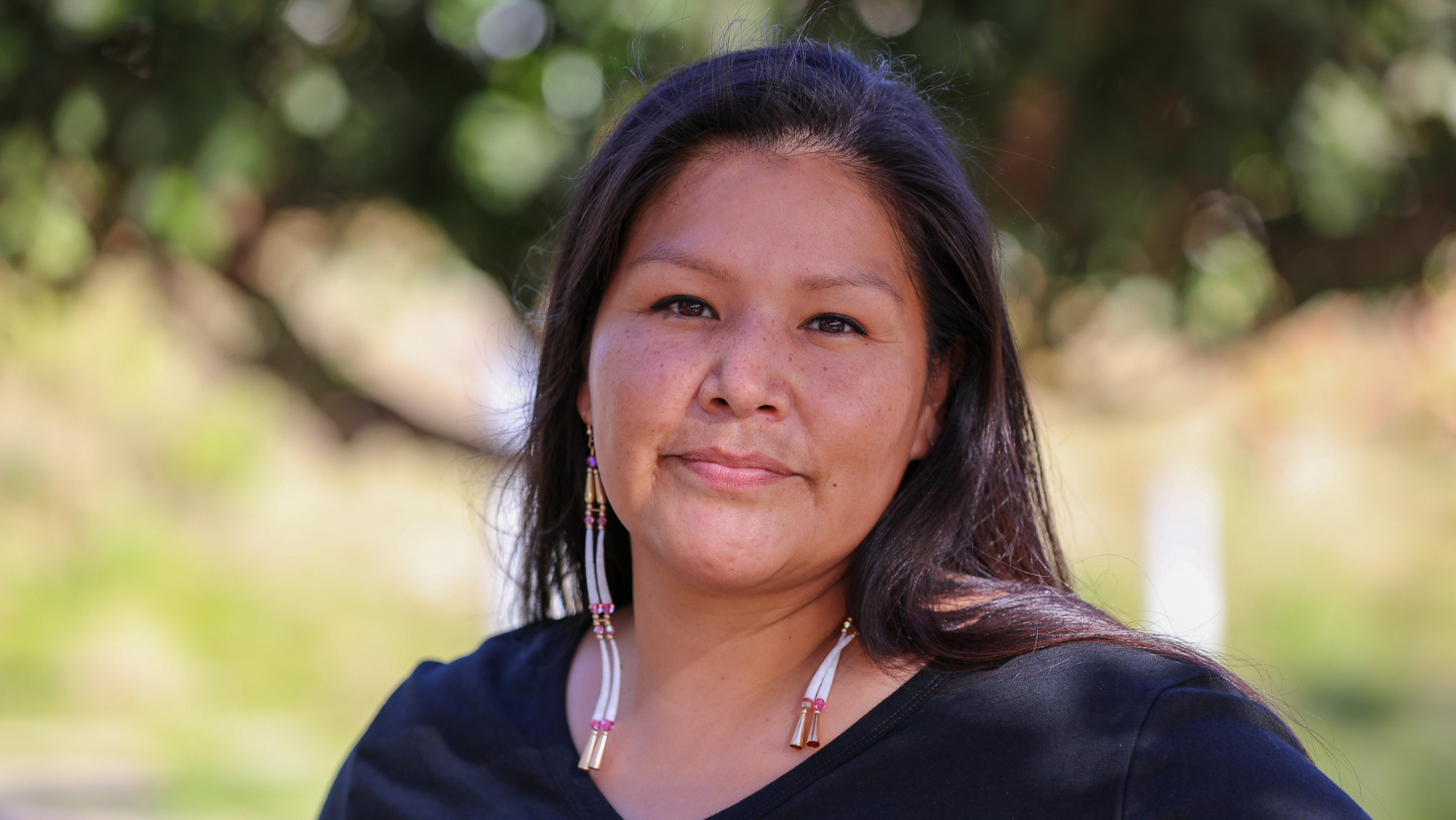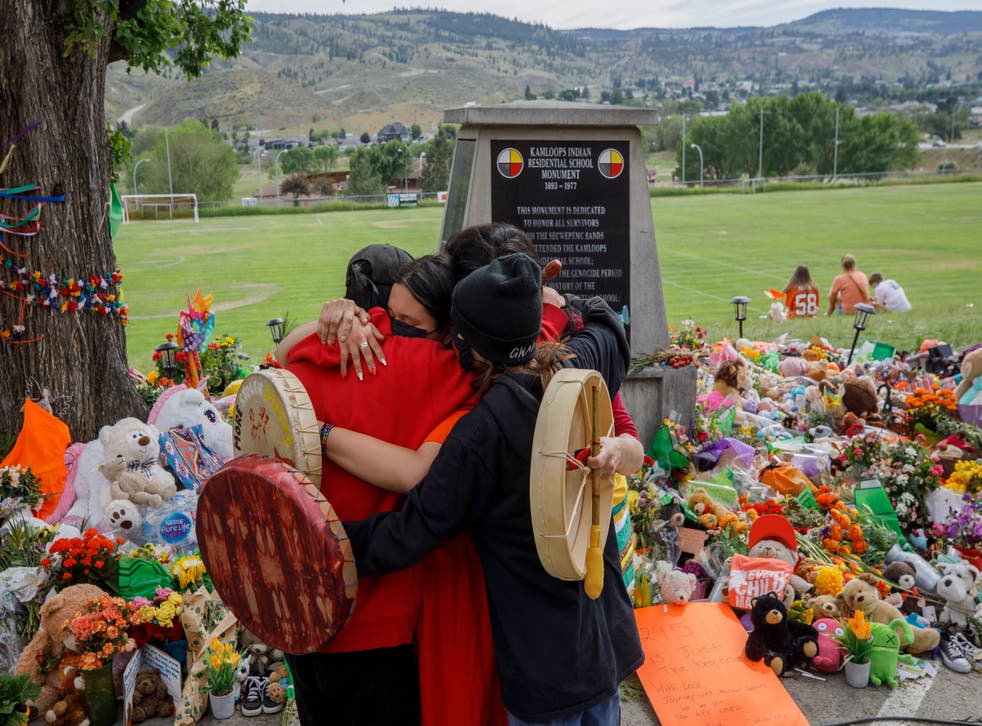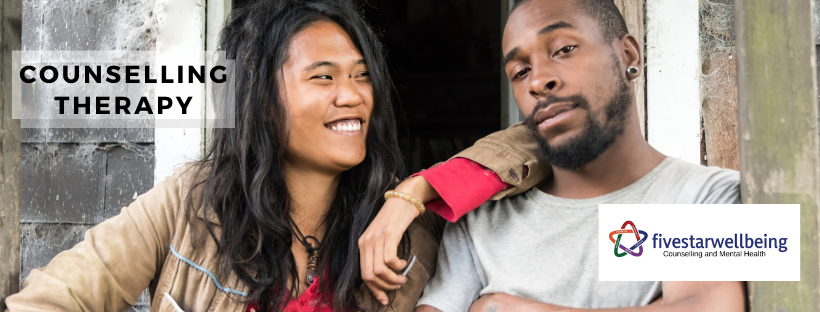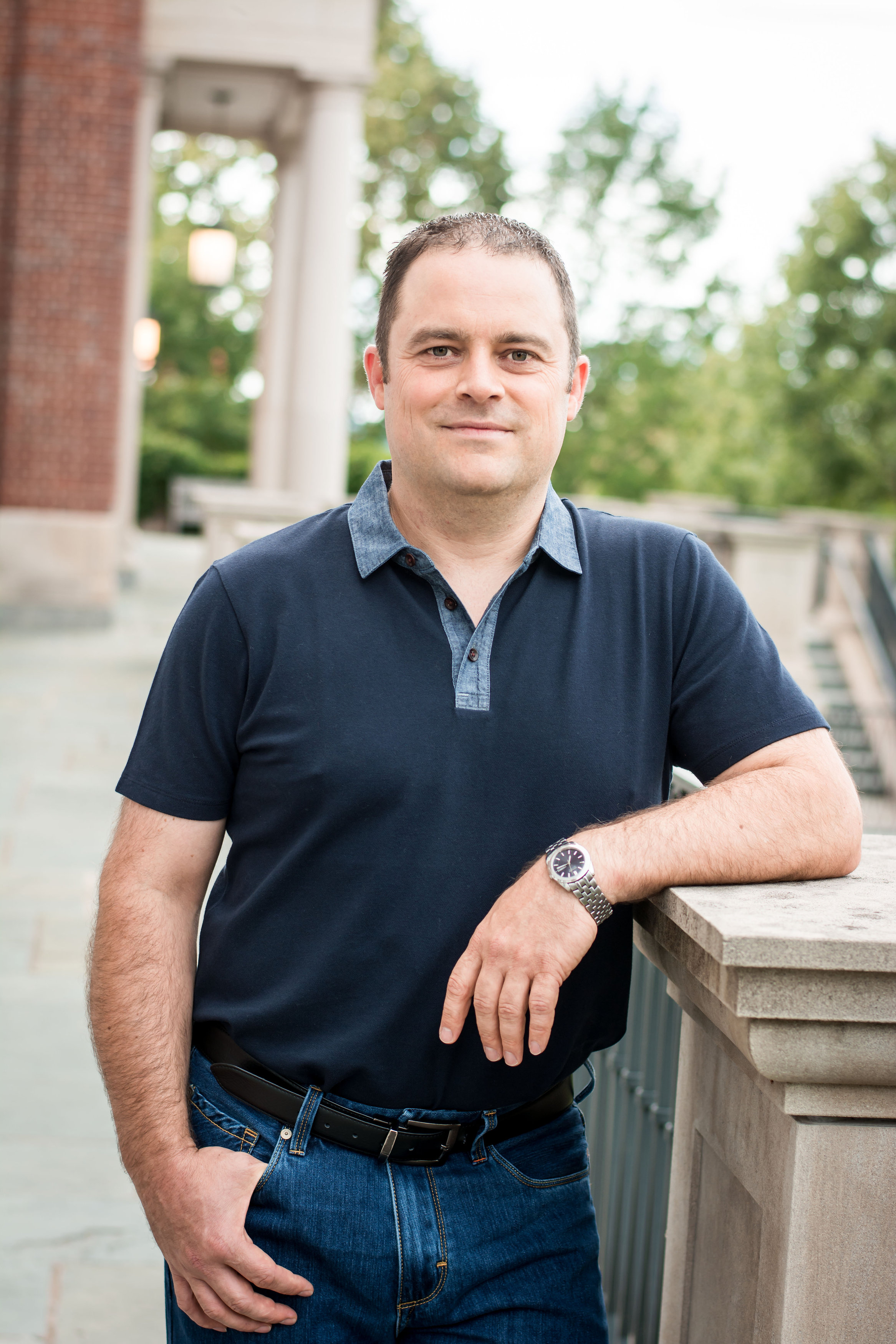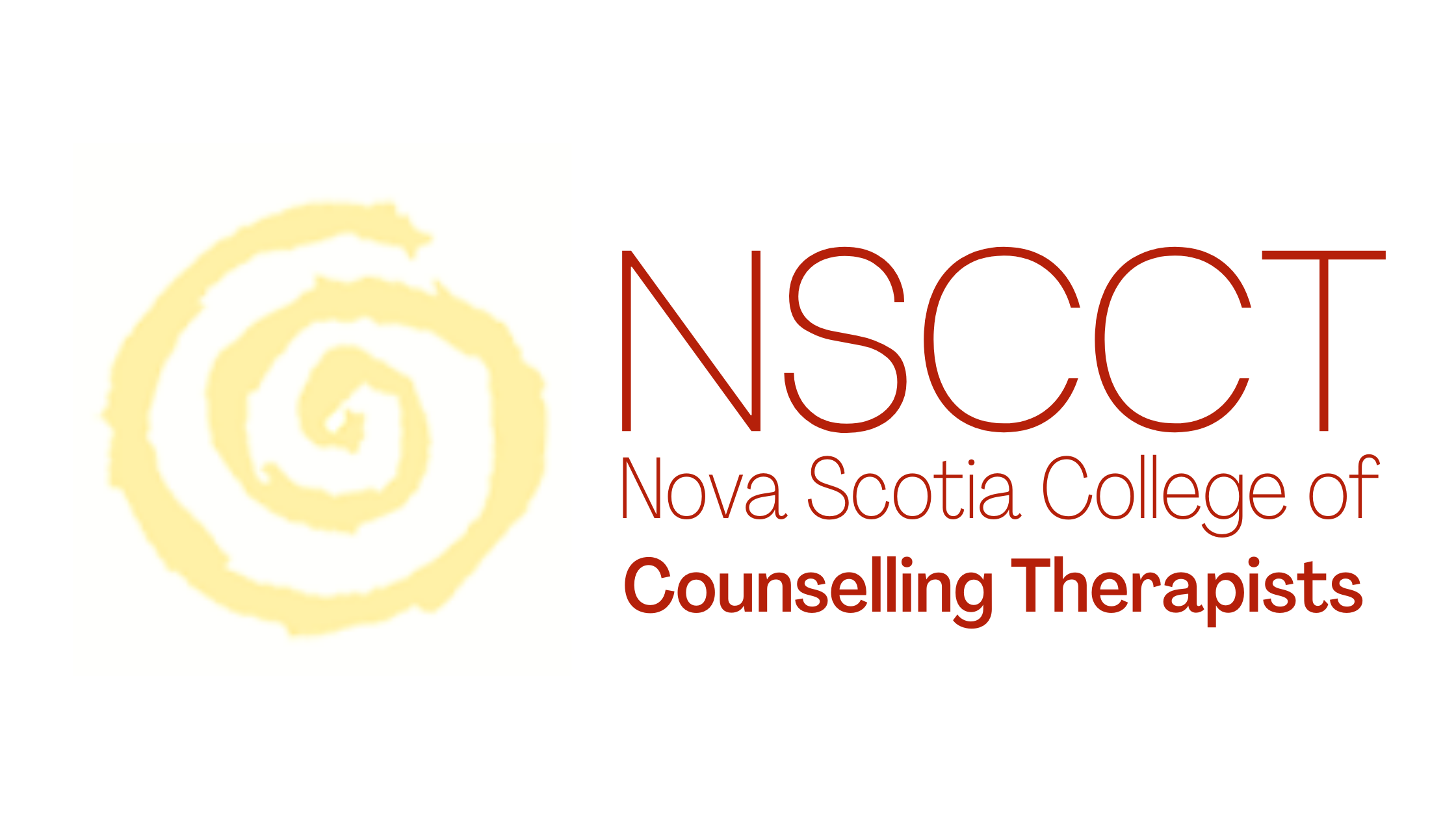Over the last few months, new evidence has emerged reminding us of the horrific treatment of thousands of indigenous children in residential schools across Canada. The remains of many hundreds of children have been found in unmarked graves around former residential schools. More are sure to be discovered.
This is a time of grief and loss for all of us as we come to terms with our country's past, a history that if it’s been written at all, has been glossed over and minimized for decades. The unthinkable treatment of Indigenous children and families across our country requires our deepest reflection. It is a reckoning for us as Canadians, and for our identity as a country.
It is hard to imagine the dividing of families, the separation of children from their parents, the placing children in residential schools against their parents wishes, forcing them to learn another language and the denial and the severe punishment of them when they used their own language. It was a systematic attempt to strip a people of their language, culture and way of life.
It is even harder to understand the sexual and physical abuse, violence, neglect, denial of medical care, torture and murder of so many innocent children. It is only through listening deeply and processing those stories, that we can ensure we understand in deep and meaningful ways, the experience of our indigenous brothers and sisters, and their ancestors.
It Takes Great Courage to Face Your Past
As a therapist interested in how people heal, one thing I have learned from research is that you can't hide from your past, you must examine it and come to terms with it. On an individual level, avoidance of painful memories, of mistakes we’ve made, and people we’ve hurt, prevents healing.
Denial can be healthy at times. It can give your mind, when confronted by a traumatic event, the time it needs to unconsciously absorb shocking or distressing information so that you won't be immobilized. But denial is like a debt. The longer it goes unattended, the greater the interest you pay over time.
It takes great strength to look at ourselves and our past honestly. It's painful. The same is true for communities and societies. For too long we as Canadians have pretended to be something we aren’t. To grow as a country we have to embrace and acknowledge the painful parts of our past. Only then, will we be able to live and act in ways that are congruent with what we value.
Take Time To Listen to Indigenous Voices
Living more mindfully, means not repeating the mistakes of the past, and creating safer environments and communities for our indigenous people here in Canada. We can only do this by making time to understand these experience through the lens of Indigenous Voices
Yesterday over 500 Radio stations across the country used their platforms to help us all listen to, and learn from the indigenous voices of leaders, residential school survivors, elders, musicians, and teachers from across the country.
Many of these stories were painful to hear, but it’s important we sit and listen. If you missed the opportunity to listen to these stories, you can find a list of them in the link here: A Day To Listen
How Confronting Pain Can Make You Stronger
You may have the tendency to avoid listening to these stories out of a fear that they will bring you down, and leave you feeling sad and distressed.
But what struck me most in listening to these stories, was the strong sense of resilience and hope found in them. That's because confronting or enduring pain and suffering doesn't make us weaker. In fact, the opposite is true. Avoidance of pain, leads to increased fear that leaves you feeling more anxious and fragile. In fact the very avoidance of pain is likely to nurture a victim mentality.
In reality, it is challenge, change and adversity that lead to learning and growth. When we work through pain we come to see our strengths and capabilities.
Wellbeing requires us to fully experience and live with our failures, our mistakes and our suffering. But it also requires us to know see our capacity for healing, and to be present to what’s working and is good in our lives.
We can’t change the past, but we can live more mindfully and become more whole by recognizing that there is no perfect country and no perfect society, just as there are no perfect people. Healing requires acknowledging both that we are flawed, and that we have the capacity for both goodness and for cruelty.
Take time today to listen to the stories of our indigenous brothers and sisters. Reflect on the traumatic past we as Canadians are connected to and understand the experience through the lens of indigenous voices.
When you do, allow yourself to grieve the loss of thousands of indigenous children's lives. Grieve also the myth we have of Canada being a perfect country. But, don't miss the lesson we can take from voices of our indigenous leaders: Don't stay stuck in your loss and grief.
They teach us that lasting wellbeing and positive mental health require an ability to hold both Canada's capacity for goodness and healing along with it's potential for further cruelty in mind. It is unhealthy to deny either.
The same is true of ourselves.
Take good care,
Derrick
Wellbeing Assessment
Our Services
Our mindfulness-based approach to counselling therapy focuses on promoting your wellbeing and mental health so you can enjoy life more fully.
When you improve employee wellbeing and mental health, you improve the lives of your employees, boost morale and your bottom line.
About the Author:
Derrick McEachern is a Registered Counselling Therapist (RCT) in Nova Scotia, and a Canadian Certified Counsellor. He specializes in providing mindfulness-based cognitive therapy in the areas of addiction, healthy relationships, grief and loss, and career and life transitions. He offers workshops and webinars and consults with businesses on ways to improve employee wellbeing and mental health.
Derrick McEachern, M.Ed., RCT, CCC
Counselling Therapist, Owner
Five Star Wellbeing Counselling and Mental Health
tel: 902 698 1194
[email protected]
https://fivestarwellbeing.com

